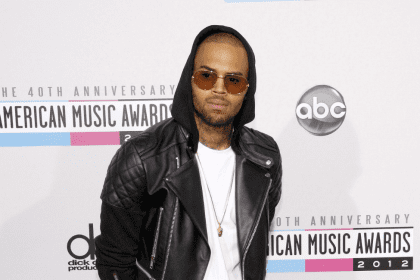In an unprecedented move that has shaken the entertainment industry, R&B artist Chris Brown has initiated legal proceedings against Warner Bros. Discovery, demanding $500 million in damages over the controversial docuseries Chris Brown: A History of Violence. The lawsuit centers on allegations that the series portrayed him as a “serial rapist” and “sexual abuser,” claims which Brown vehemently contests as false and damaging to his professional reputation. The significance of this legal battle extends beyond personal vindication, potentially reshaping how media companies approach documentary storytelling about public figures.
Examining the legal foundation
The heart of Brown‘s legal challenge rests on what his team describes as misrepresented narratives within the docuseries. Central to their argument is the inclusion of previously retracted allegations from an anonymous accuser. Brown’s legal representatives emphasize his clean record regarding sexual offenses, while acknowledging his past public incidents, including the 2009 assault case involving singer Rihanna.
The lawsuit specifically targets the documentary’s production methodology, questioning the verification processes and editorial decisions that led to the inclusion of contested material. Industry experts suggest this could set a precedent for documentary filmmaking standards, particularly regarding the use of retracted statements and unverified claims in biographical content.
Career implications and industry impact
The ripple effects of the docuseries have extended far beyond mere reputation damage. Brown’s professional endeavors have reportedly faced significant setbacks, with multiple business opportunities and collaborations hanging in the balance. The entertainment industry’s response to these developments has created a complex web of challenges for the artist’s career trajectory.
The financial implications stretch beyond the immediate lawsuit, affecting ongoing projects, potential partnerships, and future earnings. Music industry analysts note that documentary controversies can have lasting effects on artists’ commercial viability, particularly in an era where public perception heavily influences streaming numbers and concert attendance.
A philanthropic twist
In an unexpected development, Brown‘s legal strategy includes a commitment to channel a portion of any awarded damages toward organizations supporting sexual abuse survivors. This decision adds a layer of complexity to the narrative, potentially influencing public perception of the legal battle.
The proposed charitable initiative would establish support systems for verified victims of sexual abuse, creating a unique situation where a defamation lawsuit could directly benefit advocacy organizations. Legal experts suggest this approach might influence how similar cases are handled in the future, potentially encouraging more constructive resolutions to defamation disputes.
Media accountability in focus
The lawsuit has ignited intense discussions about media responsibility and accountability in documentary filmmaking. Industry experts suggest this case could establish new precedents for how documentary creators approach controversial subject matter, particularly when dealing with public figures and sensitive allegations.
The case raises important questions about the balance between artistic freedom and factual accuracy in documentary storytelling. Media law specialists point out that the outcome could influence future production guidelines, particularly regarding the verification of sources and the presentation of controversial material.
The path forward
As the legal proceedings unfold, Warner Bros. Discovery’s silence on the matter has only intensified speculation about potential outcomes. The case highlights the delicate balance between journalistic freedom and personal reputation rights in the modern media landscape.
The broader implications for the entertainment industry could be significant, potentially affecting how media companies approach biographical documentaries about controversial figures. The outcome may establish new standards for fact-checking and source verification in documentary filmmaking, while also influencing how public figures respond to unfavorable media coverage.
Industry observers note that regardless of the legal outcome, this case may prompt media companies to reassess their approaches to documentary production, particularly when dealing with sensitive subject matter and contested allegations. The intersection of entertainment, journalism, and legal rights continues to evolve, making this case a potential landmark in media law.













